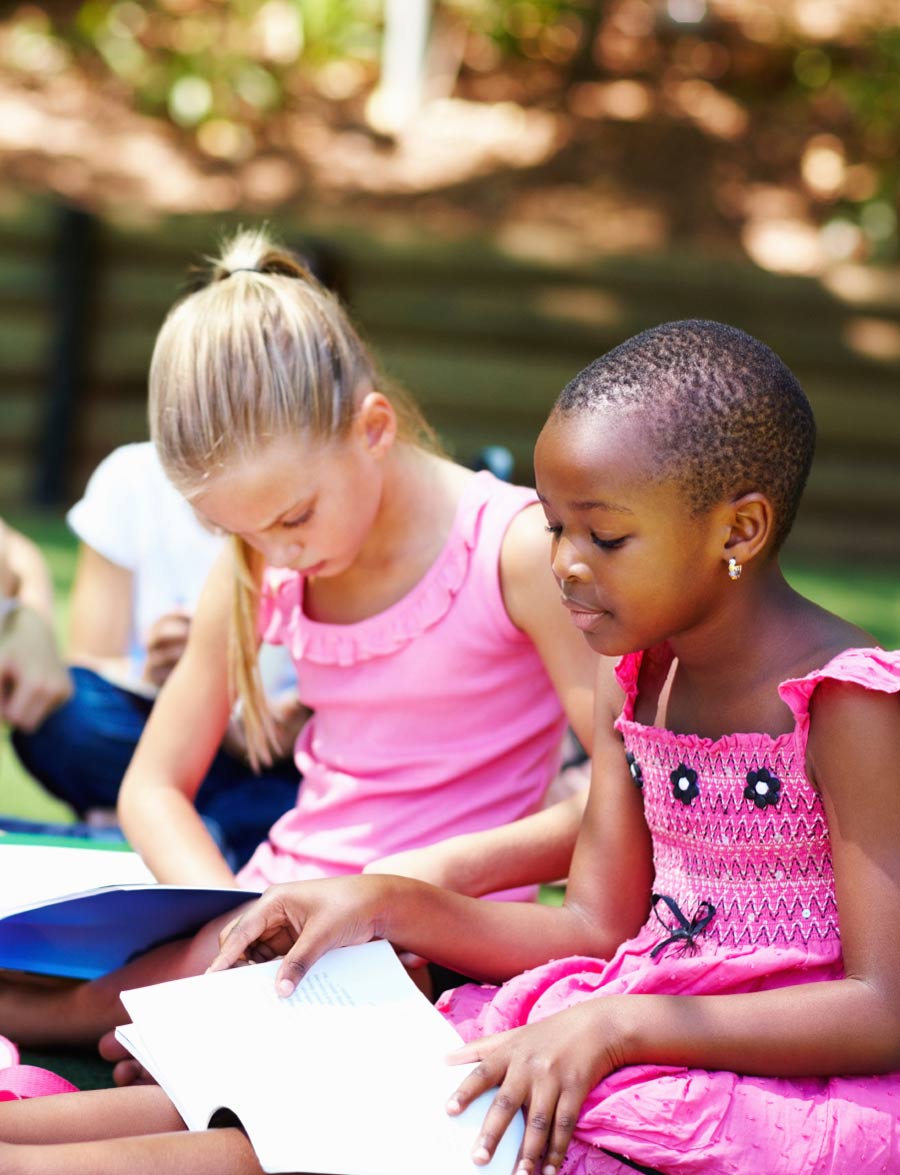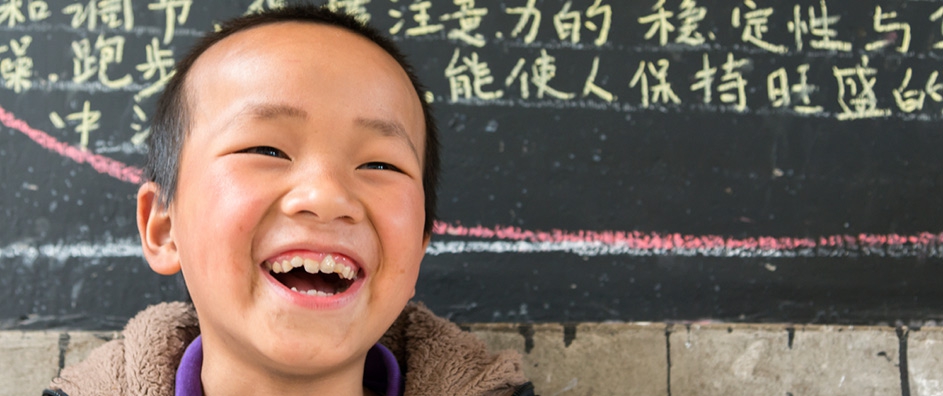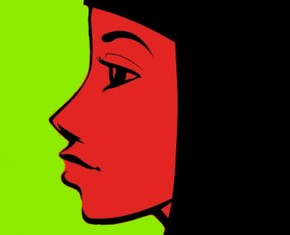The views expressed in our content reflect individual perspectives and do not represent the authoritative views of the Baha'i Faith.
All the children must be educated so that there will not remain one single individual without an education. In cases of inability on the part of the parents through sickness, death, etc., the state must educate the child. In addition to this widespread education, each child must be taught a profession or trade so that each individual member of the body politic will be enabled to earn his own living and at the same time serve the community. Work done in the spirit of service is worship. From this universal system of education misunderstandings will be expelled from amongst the children of men. – Abdu’l-Baha, Star of the West, Volume 3, p. 6.
 One of the most prominent Baha’i social principles—universal compulsory education—has finally begun to gain traction in the world. Widespread recognition of the established fact that an educated child typically becomes a productive and healthy adult has driven a global push for the education of all children. For Baha’is, this universal compulsory education for every child is a necessary pre-condition for the unity of the planet and the oneness of humanity.
One of the most prominent Baha’i social principles—universal compulsory education—has finally begun to gain traction in the world. Widespread recognition of the established fact that an educated child typically becomes a productive and healthy adult has driven a global push for the education of all children. For Baha’is, this universal compulsory education for every child is a necessary pre-condition for the unity of the planet and the oneness of humanity.
In the past, and still in some places today, cultural and religious traditions have made education taboo for certain children—girls, minority groups and members of some tribal and nomadic populations. From a Baha’i perspective, no legitimate excuse now remains for leaving any child uneducated. In fact, the Baha’i teachings put a particularly high level of emphasis on educating girls:
Education holds an important place in the new order of things. The education of each child is compulsory. If there is not money enough in a family to educate both the girl and the boy the money must be dedicated to the girl’s education, for she is the potential mother. – Abdu’l-Baha, Divine Philosophy, p. 83.
The UN’s Millennium Development Goals also placed particular emphasis on this one area—achieving universal primary education, especially among females. While it limited its focus to primary school education, this key MDG goal attempted to cut the number of out-of-school children around the world in half. It largely succeeded, reducing those numbers from 100 million unschooled children in the year 2000 to 57 million in 2015:
- The primary school net enrolment rate in the developing regions has reached 91 percent in 2015, up from 83 per cent in 2000.
- Sub-Saharan Africa has had the best record of improvement in primary education of any region since the MDGs were established. The region achieved a 20 percentage point increase in the net enrolment rate from 2000 to 2015, compared to a gain of 8 percentage points between 1990 and 2000.
- The literacy rate among youth aged 15 to 24 has increased globally from 83 percent to 91 percent between 1990 and 2015. The gap between women and men has narrowed. – from the UN Report on the Millennium Development Goals
In April of 2015, UNESCO released a report on the status of global education that outlines similar progress. Today, the report says, nine out of ten of the world’s children are learning to read and write—more than ever before in human history. This tremendous progress means a great deal for the future of the planet. The World Bank estimates that, if we continue this progress, within one generation every person on Earth could be literate.
In 1991, the Universal House of Justice said:
The exposure of influential segments of the public to Baha’i ideas in such areas as peace, the environment, status of women, education and literacy, has induced a response which increasingly calls upon the Baha’is to participate with others in a range of projects associated with governments or with non- governmental organizations. – A Wider Horizon, Selected Letters 1983-1992, pp. 125-126.
As a result, Baha’is around the world have started and participated in a wide range of education and literacy projects, and have now instituted a broad-based, global approach based on an international network of free children’s and junior youth classes offered by Baha’i communities everywhere for everyone. Aligned with the Millennium Development Goals in a very clear way, those classes, now taking place in most nations across the world, have helped contribute to the increasing literacy of the world’s children.
For Baha’is, the education of children has long been obligatory, one of the basic tenets of the Baha’i teachings:
Partaking of knowledge and education is one of the requisites of religion. The education of each child is obligatory. If there are no parents, the community must look after the child. It is suggested that the childless educate a child. – Abdu’l-Baha, Divine Philosophy, p. 26.
The education and training of children is among the most meritorious acts of humankind and draweth down the grace and favour of the All-Merciful, for education is the indispensable foundation of all human excellence and alloweth man to work his way to the heights of abiding glory. If a child be trained from his infancy, he will, through the loving care of the Holy Gardener, drink in the crystal waters of the spirit and of knowledge, like a young tree amid the rilling brooks. And certainly he will gather to himself the bright rays of the Sun of Truth, and through its light and heat will grow ever fresh and fair in the garden of life. – Abdu’l-Baha, Selections from the Writings of Abdu’l-Baha, pp. 129-130.
Next: Elevating the Status of Women
















Comments
Sign in or create an account
Continue with Googleor